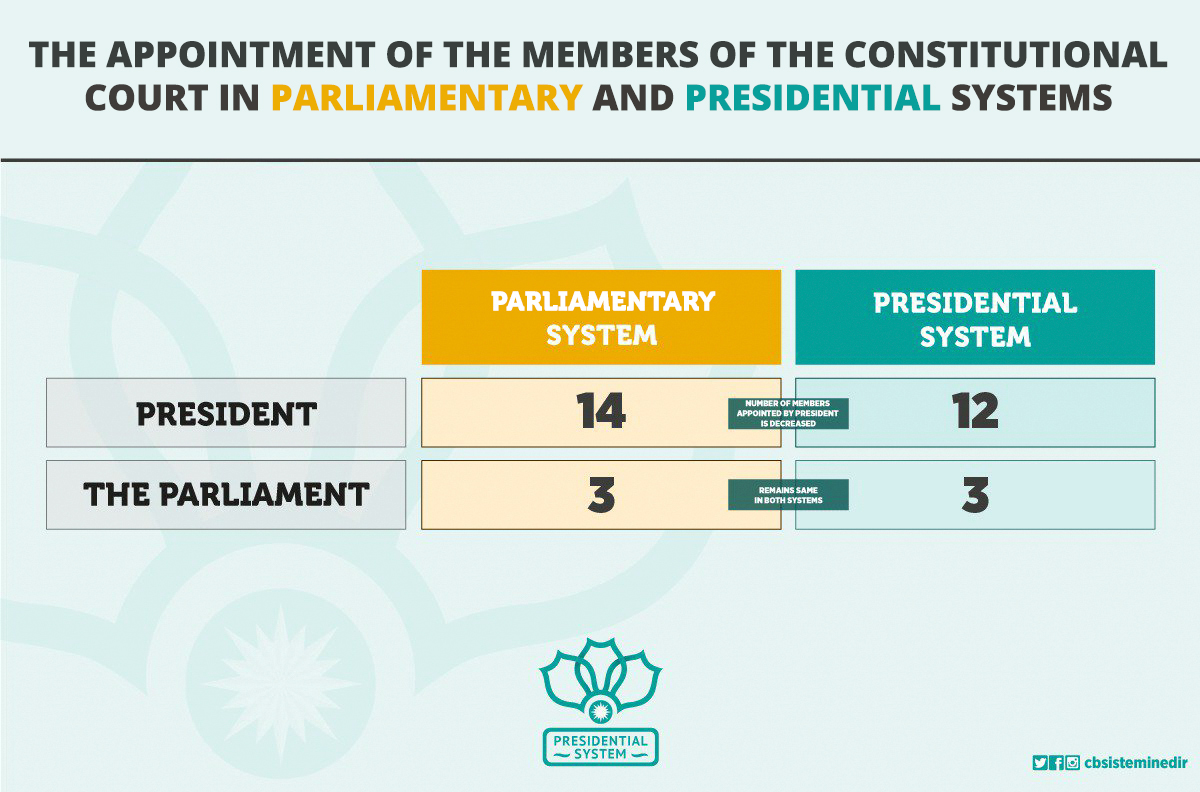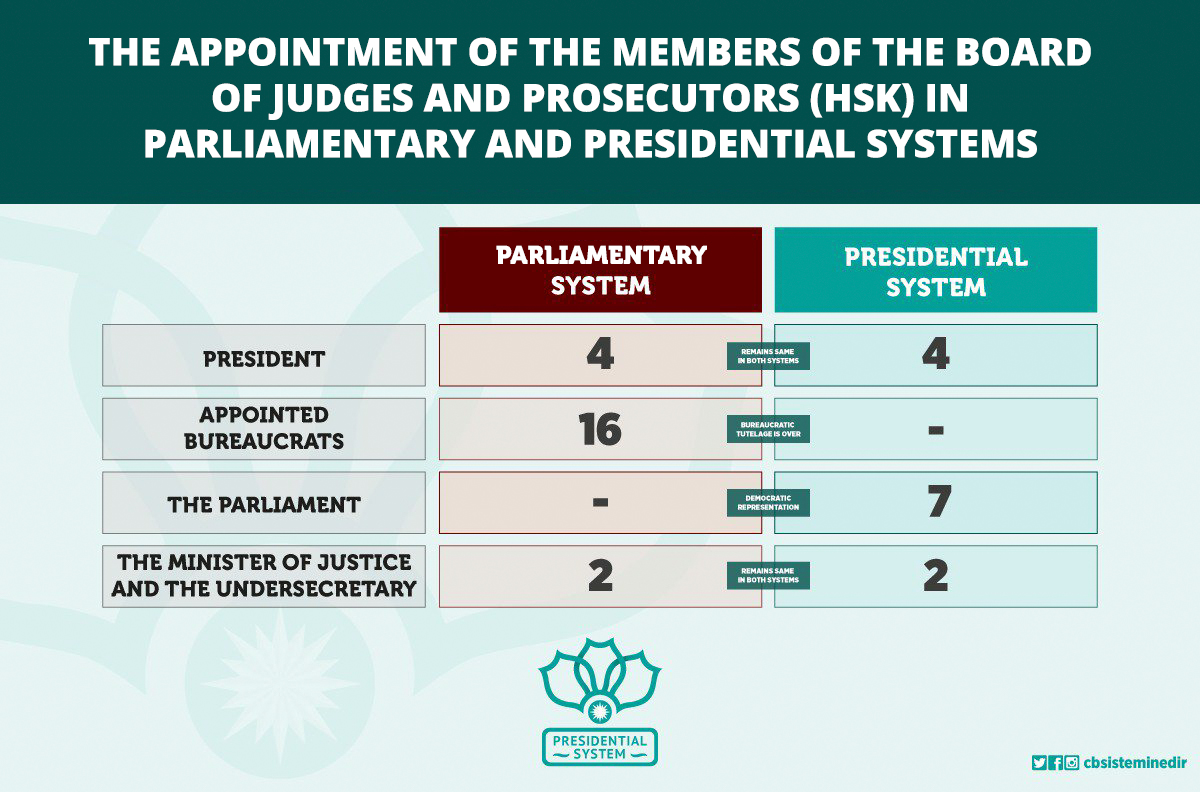Bloomberg article includes factual mistakes regarding Turkey’s presidential system
Article falsely claims that president will determine nation’s budget and gives inaccurate information about declaration of Turkey’s state of emergency and appointment of judges
On 26 April 2018, Bloomberg published an article about the upcoming snap elections in Turkey. Covering the potential candidates for the presidency, the article contained a number of factual mistakes regarding the presidential system that will start to be implemented after the elections.
Under the new system to be implemented after the June vote, the president will have the power to appoint ministers and judges, set the nation’s budget and declare a state of emergency.
However, all of the claims in this phrase are either factually inaccurate or incomplete.
Firstly, it is the parliament which will decide the annual budget of the country proposed by the executive branch, like in the current system.
Under Article 87 of the Turkish Constitution, the power of debating and adopting the budget remains with the parliament.
“ARTICLE 87 - The duties and powers of the Grand National Assembly of Turkey are… to debate and adopt the budget bills and final accounts bills.”
Article 161 regulates the enactment of the annual budget more in detail. Pursuant to Article 161, the budget commission of the parliament reviews the budget proposal of the executive branch and passes it to the general assembly of the parliament for approval. Therefore, it is the parliament which has the power to approve the budget and revise it if necessary.
Secondly, the president has the power to appoint a number of high court judges in the current system as well. In fact, the number of high court judges that will be appointed by the president will be decreased in the current system. Additionally, the elections in 24 June 2018 will have no effect regarding the appointment of judges because the provisions amending the higher judicial bodies entered in force effective immediately after the constitutional referendum of 16 April 2018, but the presidential government system will start to be implemented after the upcoming elections. Thus, the ‘June vote’ mentioned in the article will make no difference regarding the role of the president in appointing judges.
Prior to the constitutional referendum of 16 April 2017, 14 members of the Constitutional Court, the highest judicial body in Turkey, were being appointed by the president. The remaining 3 members were chosen by the parliament. However, in the current system the number of the judges appointed by the president decreased to 12.

The president also appoints certain members of the Board of Judges and Prosecutors (HSK) which make decisions on appointments, promotions and assignments of those working under the judge class. The number of the HSK members appointed by the president remains the same with the constitutional referendum of 16 April 2018, making no difference for the president in the appointments.

Thirdly, the article states that the president will have the power to declare a state of emergency. However, it fails to mention that this decision will have to be submitted on the same day for the parliament’s approval under Article 119 of the constitution.
Click here to have a deeper insight on the most frequently voiced false claims about Turkey's presidential system that will start to be implemented after the snap elections.



